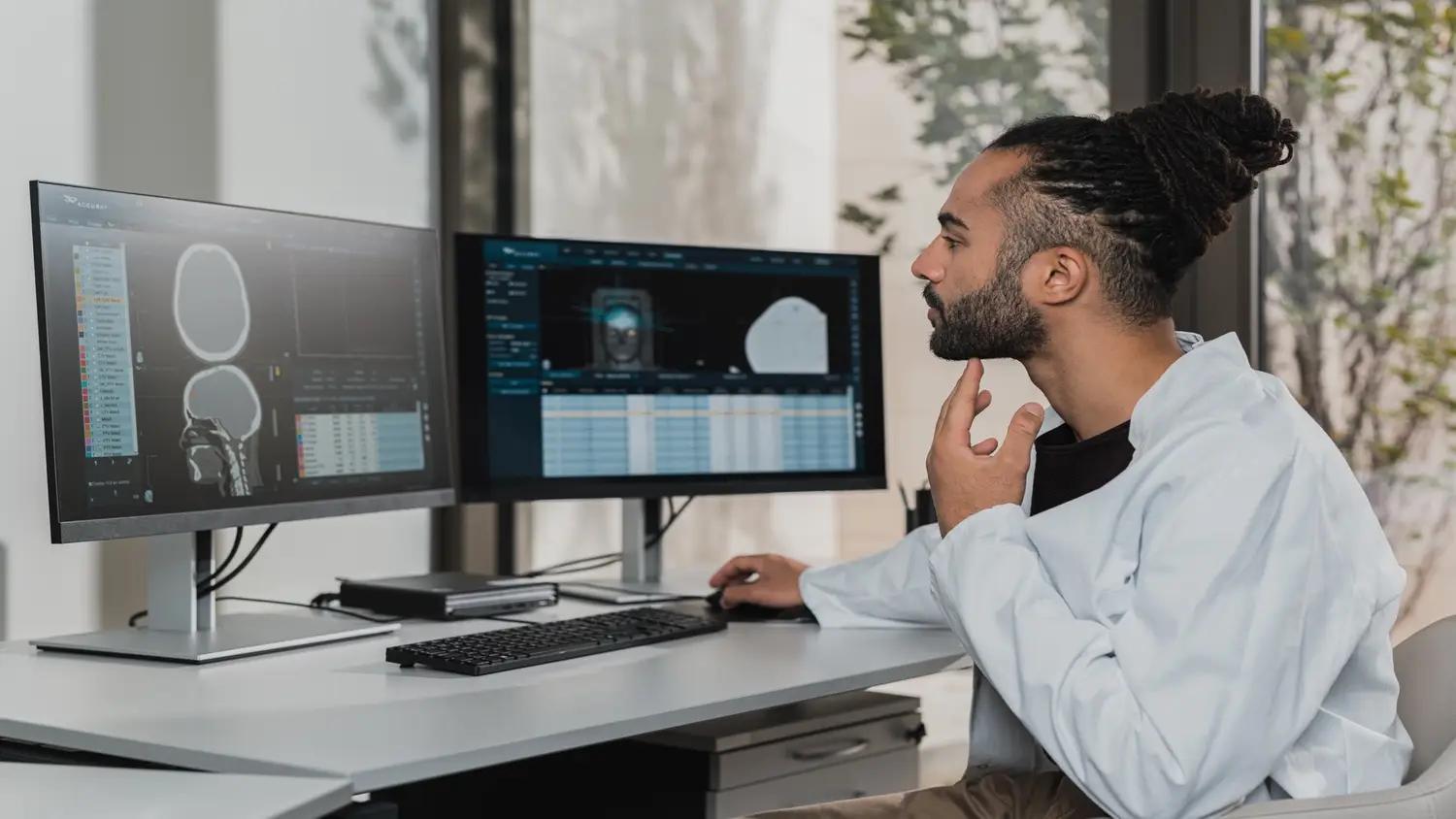
Medical Review Officer Online Course with Live Discussion - Includes Digital Syllabus
Medical Review Officer Online Course with Live Discussion - Includes Digital Syllabus is organized by American College of Occupational and Environmental Medicine (ACOEM).
Original Posting Date: October 1, 2022
Expires Date: September 30, 2025
Description:
The need for trained medical review officers (MROs) to evaluate drug and alcohol test results is enormous, and it is estimated that more than 20 million Americans are covered by programs requiring testing. Physicians in many specialties conduct drug and alcohol tests for businesses, industry, government agencies, and schools. The Drug-Free Workplace Act affects all federal agencies, and mandatory alcohol and drug testing is now required of all intrastate truckers, commercial driver’s license holders, pilots, and other transportation workers.
ACOEM’s MRO Online course is a 24/7 on-demand course that consists of 30 recorded modules, 90 self-assessment questions, a syllabus, a syllabus supplement, and a resource guide. Taking the course qualifies you to sit for the MRO certification exam required by the Department of Transportation (DOT) and Department of Health and Human Services (DHHS) and many private companies doing drug and alcohol testing (e.g., more than 60 percent of large private employers require drug and alcohol testing). Additionally, in joint government agreements, the United States, Canada, and Mexico also monitor truckers crossing international borders.
Learning Objectives:
Upon completion of this educational activity, learners should be able to:
- Develop effective urine collection and breath alcohol testing programs
- Implement DOT regulations for motor carrier, railroad, mass transit and other transportation modes
- Perform MRO duties, including verification interviews with individuals whose laboratory drug tests are positive, adulterated, substituted or invalid
- Recognize the physiological effects and clinical signs of commonly misused drugs and their withdrawal syndromes
- Monitor forensic laboratory testing and quality assurance efforts
- Review federal custody and control forms to identify correctible and fatal flaws
- Implement testing of alternatives to urine, i.e., oral fluids and hair specimens









